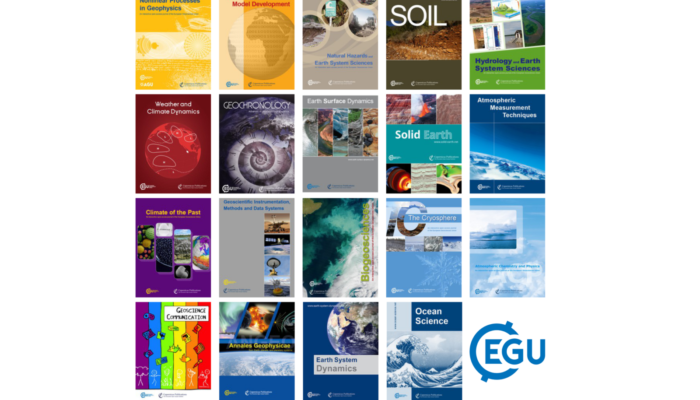Each month we feature specific Divisions of EGU and during the monthly GeoRoundup we put the journals that publish science from those Divisions at the top of the Highlights section. This month, we are not featuring any particular divisions, but an ensemble of all the highlights of this month instead. Atmospheric Chemistry and Physics Modelled surface climate response to effusive Icelandic volcanic ...[Read More]
GeoRoundup: the highlights of EGU Journals published during February!
Each month we feature specific Divisions of EGU and during the monthly GeoRoundup we put the journals that publish science from those Divisions at the top of the Highlights section. For February, the divisions we are featuring are Geodesy and Geodynamics. They are served by the journal: Solid Earth (SE) and Geoscientific Model Development (GMD). Geoscientific Model Development: Moving beyond post ...[Read More]
GeoRoundup: the highlights of EGU Journals published during January!
Each month we feature specific Divisions of EGU and during the monthly GeoRoundup we put the journals that publish science from those Divisions at the top of the Highlights section. For January, the divisions we are featuring are Tectonics and Structural Geology (TS), Geochemistry, Mineralogy, Petrology & Volcanology (GMPV), and Earth Magnetism & Rock Physics (EMRP). They are served by the ...[Read More]
GeoRoundup: the highlights of EGU Journals published during December!
Each month we feature specific Divisions of EGU and during the monthly GeoRoundup we put the journals that publish science from those Divisions at the top of the Highlights section. For December, the divisions we are featuring are Cryospheric Sciences (CR) and Soil System Sciences (SSS). They are served by the journals: The Cryosphere (TC), SOIL , and Solid Earth (SE). Climate of the Past: Surface ...[Read More]

